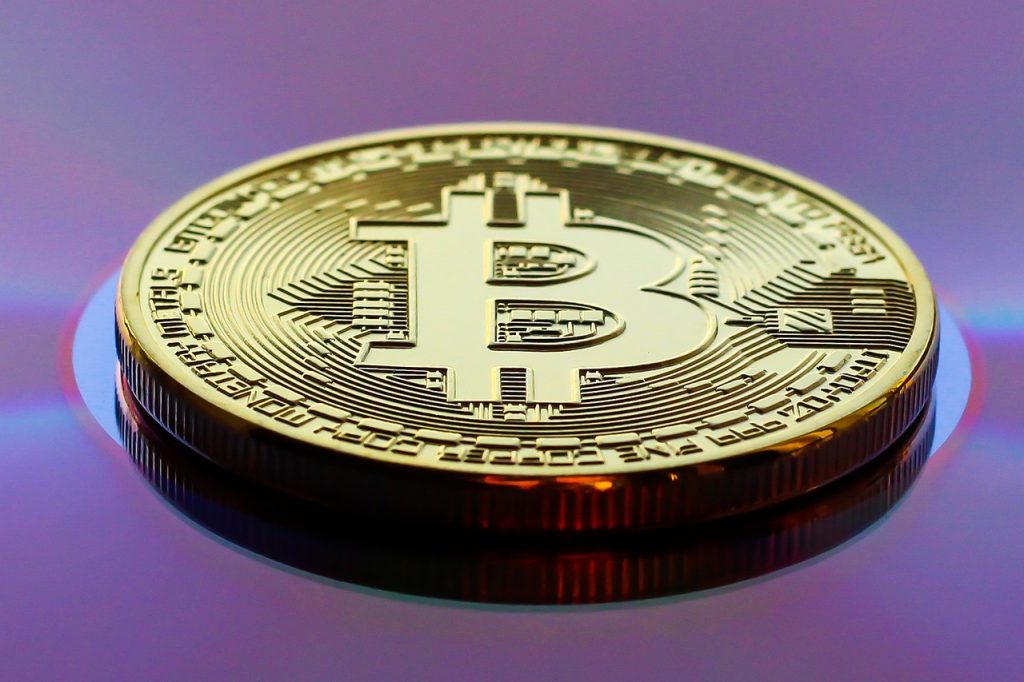In the world of decentralized finance (DeFi), governance tokens have become an increasingly popular way for cryptocurrency projects to give their community a say in the project’s direction and decision-making process. In this article, we will explore what governance tokens are, how they work, and their potential benefits and risks.
What are governance tokens?
Governance tokens are a type of cryptocurrency token that gives holders the right to vote on decisions related to a particular blockchain project. These decisions can include anything from changes to the project’s code or rules to the allocation of funds from the project’s treasury.
Governance tokens are often distributed to early investors or contributors to the project, as a way to incentivize their participation and give them a say in the project’s development. Governance tokens can also be earned by staking or providing liquidity to the project’s decentralized exchange.
Examples of governance tokens include COMP, which is the governance token of Compound, a popular DeFi lending platform, and UNI, which is the governance token of Uniswap, a popular decentralized exchange.
How do governance tokens work?
Governance tokens work by giving holders the right to vote on proposals that are submitted to the project’s governance system. These proposals can be submitted by anyone in the community, and can range from small changes to the project’s code to major decisions that affect the project’s direction.
When a proposal is submitted, it is reviewed by the project’s community, and if it is deemed worthy, it is put up for a vote. The voting process is typically conducted using the blockchain’s built-in governance system, and each token holder is given a certain number of votes based on the number of governance tokens they hold.
Once the voting period has ended, the results are tallied, and if the proposal is approved, it is implemented by the project’s developers. If the proposal is rejected, it is either revised or abandoned, depending on the feedback provided by the community.
Benefits of governance tokens
Community involvement: Governance tokens give the project’s community a say in the project’s direction and decision-making process. This can lead to a more engaged and invested community, as well as better decision-making and project governance.
Transparency: Governance tokens can increase transparency by making the project’s decision-making process more open and accessible to the community. This can help to build trust and foster a sense of community ownership and responsibility.
Incentivization: Governance tokens can be used to incentivize early investors and contributors to the project, as well as encourage participation in the project’s development and governance.
Flexibility: Governance tokens can be used to make changes to the project’s code or rules quickly and efficiently, without the need for centralized decision-making or approval.
Risks of governance tokens
Centralization: While governance tokens can increase transparency and community involvement, they can also lead to centralization, as larger token holders can have a disproportionate amount of influence over the project’s decision-making process.
Manipulation: Governance tokens can be manipulated by large token holders or outside interests, leading to decisions that are not in the best interest of the project or the community.
Lack of participation: Governance tokens rely on community participation to be effective, and if the community is not engaged or invested in the project, the governance system may not work as intended.
Regulatory uncertainty: Governance tokens may be subject to regulatory uncertainty, as they may be considered securities under certain jurisdictions. This can lead to legal and regulatory risks for both the project and its token holders.
Conclusion
Governance tokens have become an increasingly popular way for decentralized projects to give their community a say in the project’s direction and decision-making process. By providing a way for token holders to vote on proposals and make decisions about the project’s development, governance tokens can increase community involvement, transparency, and incentivization. However, they also come with risks, including centralization, manipulation, lack of participation, and regulatory uncertainty.
As with any investment in the cryptocurrency space, it’s important to do your research and understand the risks and potential rewards of investing in governance tokens. Look for projects with strong community involvement, transparent decision-making processes, and a clear roadmap for development.
In addition, it’s important to understand the mechanics of the governance system and how it works, including how proposals are submitted, reviewed, and voted on, as well as the distribution and allocation of governance tokens.
Overall, governance tokens have the potential to revolutionize the way decentralized projects are governed and developed, by giving the community a greater say in the decision-making process. As the DeFi space continues to grow and evolve, governance tokens will likely play an increasingly important role in shaping the future of decentralized finance.







